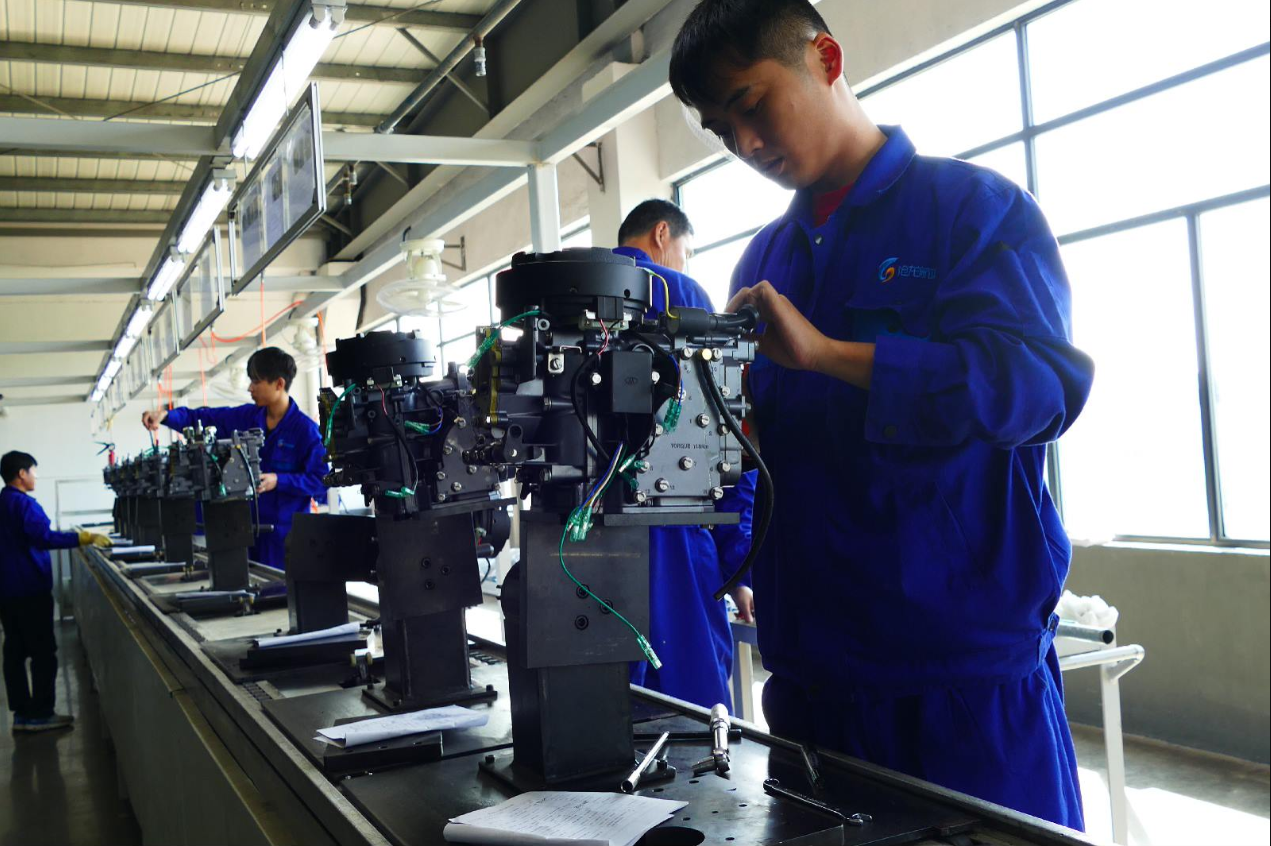The outboard engine, as the name suggests, refers to a propulsion engine mounted on the outside of the hull (ship side), usually suspended from the outside of the raft, also known as the outboard motor. The outboard engine has high integration and simple installation and purchase. It is the first choice for personal leisure and recreational boats. It is also widely used in fisheries, commercial operations and government law enforcement.
According to different energy sources, outboard motor are divided into fuel oil and electric outboard engines.
Advantage:
1. Easy to install, hanging directly on the slab, no stern alignment and other complex links.
2. Without the cabin, saving valuable space in the cabin.
3. Itself is a complete propulsion system, simplifying the purchase and procurement process of users and shipyards.
4. Usually lighter weight, is conducive to improve the navigation performance of ships, especially high-speed boats.
Disadvantages:
1. Because of the limitations of the installation method, must adopt a lightweight design, reducing the weight while greatly reducing the reliability and longevity of the outboard. The outboard life of commercial use is usually 2-5 years.
2. Low energy utilization, poor fuel economy, high cost of use.
3. The structure is complex, there are many moving parts, and a lot of maintenance is required in the later stage, and the failure rate is high.
4. Storage and transportation is not convenient, gasoline leakage is inevitable, not only brings safety problems, but also pollute the surrounding environment. In many parts of the country, the Maritime Safety Administration has banned ships with more than 12 passengers from using gasoline outboard engines as power.
